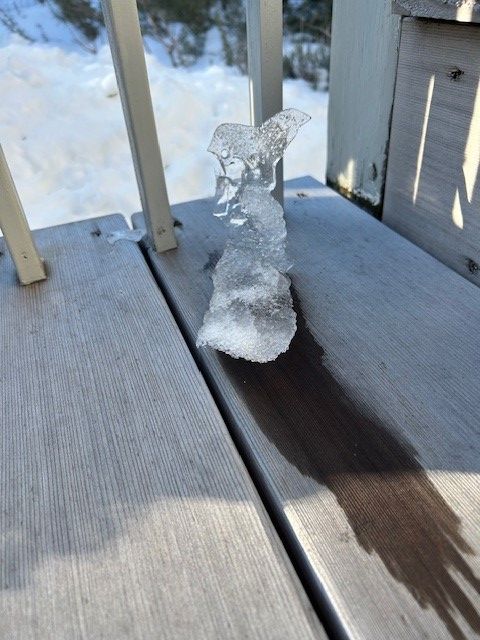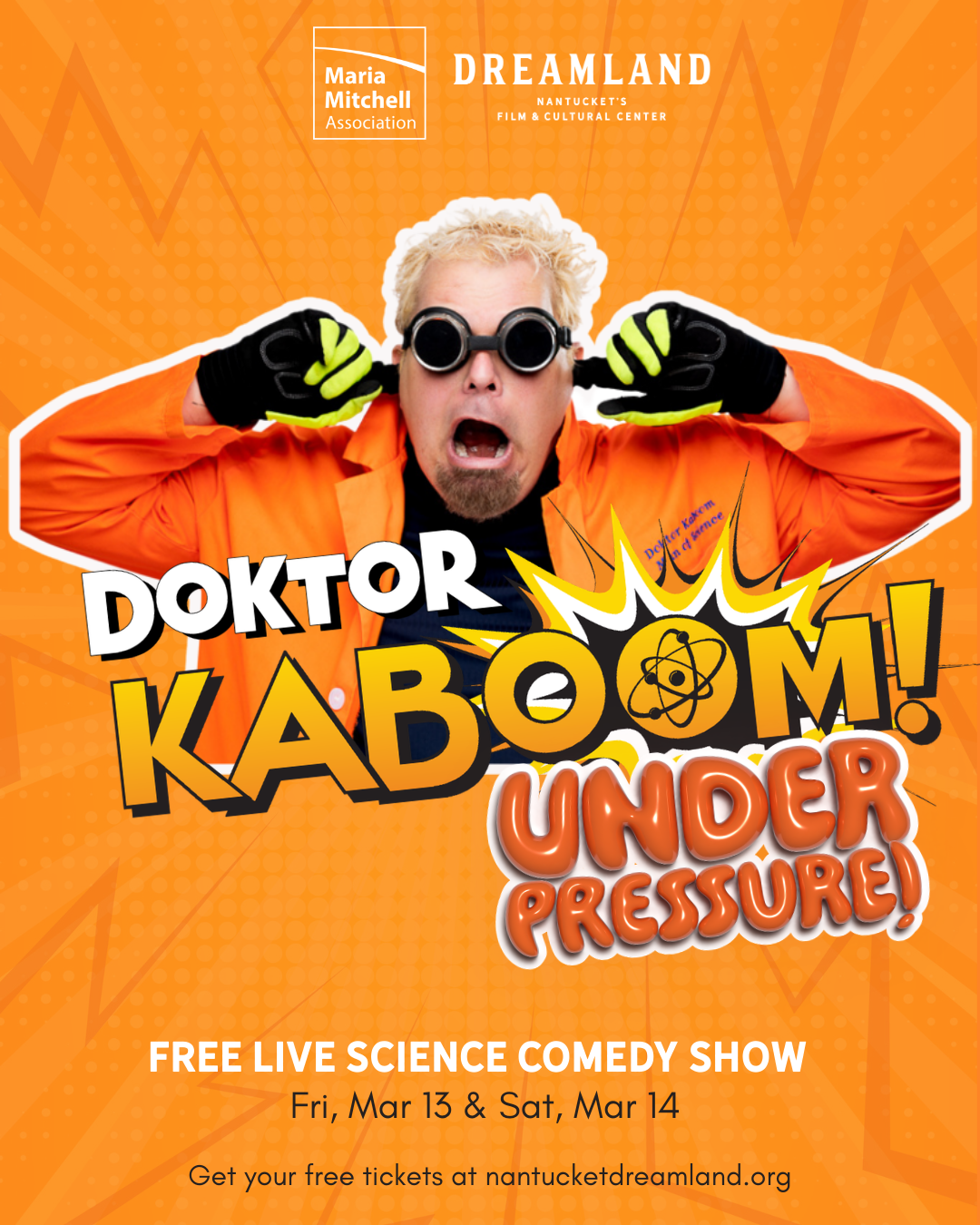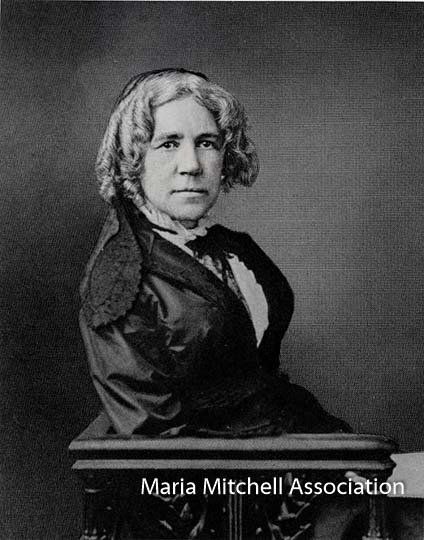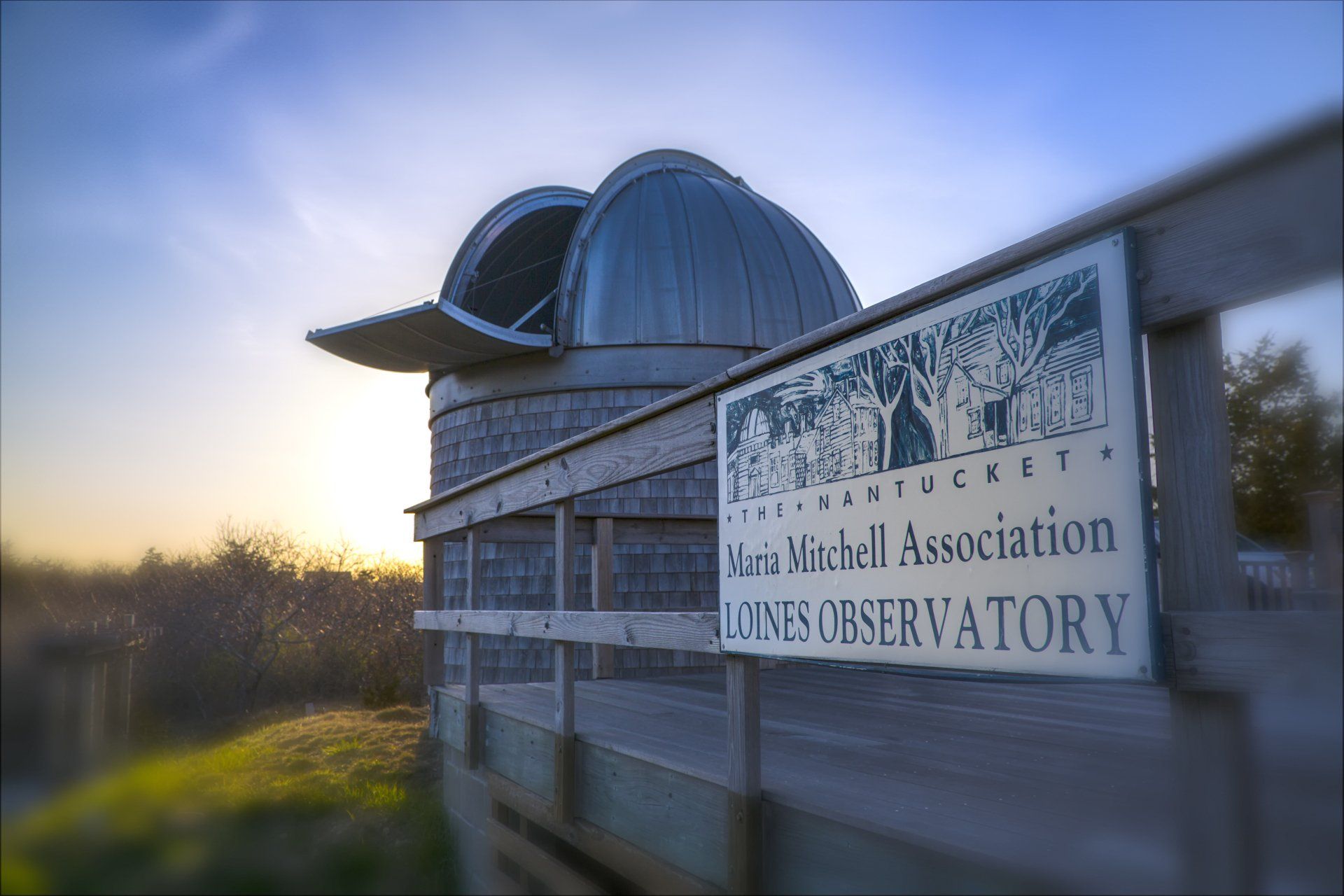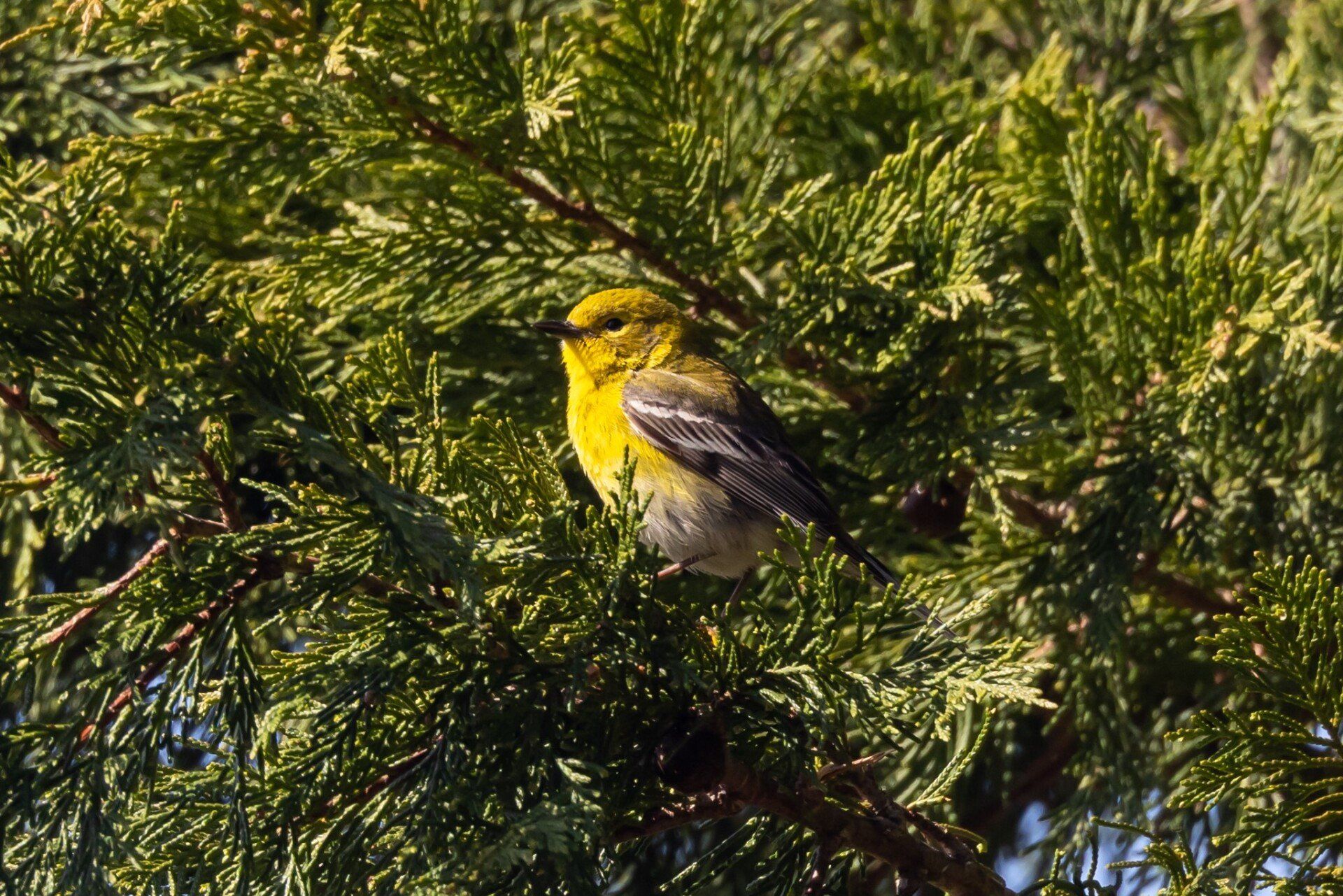February 18, 2026
NANTUCKET, MA— The Maria Mitchell Association, in collaboration with the Nantucket Dreamland, invites the community to two unforgettable and entertaining performances featuring Doktor Kaboom: Under Pressure! on Friday, March 13 and Saturday, March 14. Doktor Kaboom’s interactive Science Comedy shows engage audiences of all ages. In Under Pressure!, Kaboom illustrates physical science concepts that are also metaphors for real-life mental and emotional pressures, validating what students may feel, while sharing tools for dealing with life’s challenges. Blending big ideas, explosive demonstrations, and humor, Kaboom keeps audiences riveted with interest and rolling with laughter. Hailed as, “part Mister Wizard, part Mr. Rogers,” Kaboom delights patrons with curiosity, creativity, and charm. Both performances are FREE to the public. This event is possible due to a grant from the Remain Nantucket Fund at the Community Foundation for Nantucket. Reflecting on both the impact of the performance and the partnerships that made it possible, MMA Executive Director, Joanna Roche, shared, “A heartfelt thank you to the Community Foundation for the generous grant that made it possible to bring Doktor Kaboom to Nantucket, and to the Nantucket Dreamland for hosting this extraordinary performance. I’ve known the good Doktor for nearly twenty years, and I have no doubt that his unique blend of humor, magic, and science will not only make you laugh, but also leave you with a renewed sense of wonder and a deeper connection to the world around you.” The Friday performance will be followed by an Ice Cream Bar, generously sponsored by Island Kitchen, and a photo opportunity with Doktor Kaboom in the Harborview Room. Event Details: • Dates and Times: Friday, March 13 at 7pm and Saturday, March 14 at 3pm • Location: Dreamland Theatre, 17 South Water Street • Special Offering: Friday, March 13 – Post-performance Ice Cream Bar in the Dreamland Theatre Harborview Room, generously sponsored by Island Kitchen, plus a photo opportunity with Doktor Kaboom • Tickets: Available at https://www.nantucketdreamland.org/events/doktor-kaboom-under-pressure • Cost: Free This community event kicks off another free collaborative event, the annual Nantucket STEAM Festival, taking place Saturday, March 14, 2026 at the Nantucket High School Gymnasium from 10am – 2pm. This event features hands-on activities celebrating science, technology, engineering, art, and mathematics from over twenty community organizations. A sensory-friendly half house begins at 9:30am. Doktor Kaboom! was created, and is performed, by actor and comedian David Epley, who has discovered two passions in his life: science and mathematics. Epley first explored his love of hands-on learning, chemistry, and physics at the North Carolina School of Science and Mathematics and later studied at the university level, exploring a degree in Chemical Engineering. Epley, a performer for over twenty years, has reached over 2,000,000 students and families, and has performed over 2,000 live shows worldwide. Epley lives in Seattle, Washington. About the Nantucket Dreamland: The Nantucket Dreamland is a nonprofit organization dedicated to enriching the cultural and intellectual life of Nantucket by providing year-round films, educational programs, and a venue for community activities that engage Nantucket in the evolving world of entertainment and education. The Dreamland’s mission is to build community on Nantucket year-round by bringing people together to share experiences through film, art, culture, and learning. About the Maria Mitchell Association: The Maria Mitchell Association was founded in 1902 to preserve the legacy of Nantucket native astronomer, naturalist, librarian, and educator, Maria Mitchell. After she discovered a comet in 1847, Mitchell’s international fame led to many achievements and awards, including an appointment as the first professor of astronomy at Vassar College. Maria Mitchell believed in “learning by doing” and today that philosophy is reflected in the MMA’s mission statement, programs, research projects, and other activities. The Maria Mitchell Association operates two observatories, a natural science museum, an aquarium, a research center, and preserves the historic birthplace of Maria Mitchell. A wide variety of science and history-related programming is offered throughout the year for people of all ages. ######
